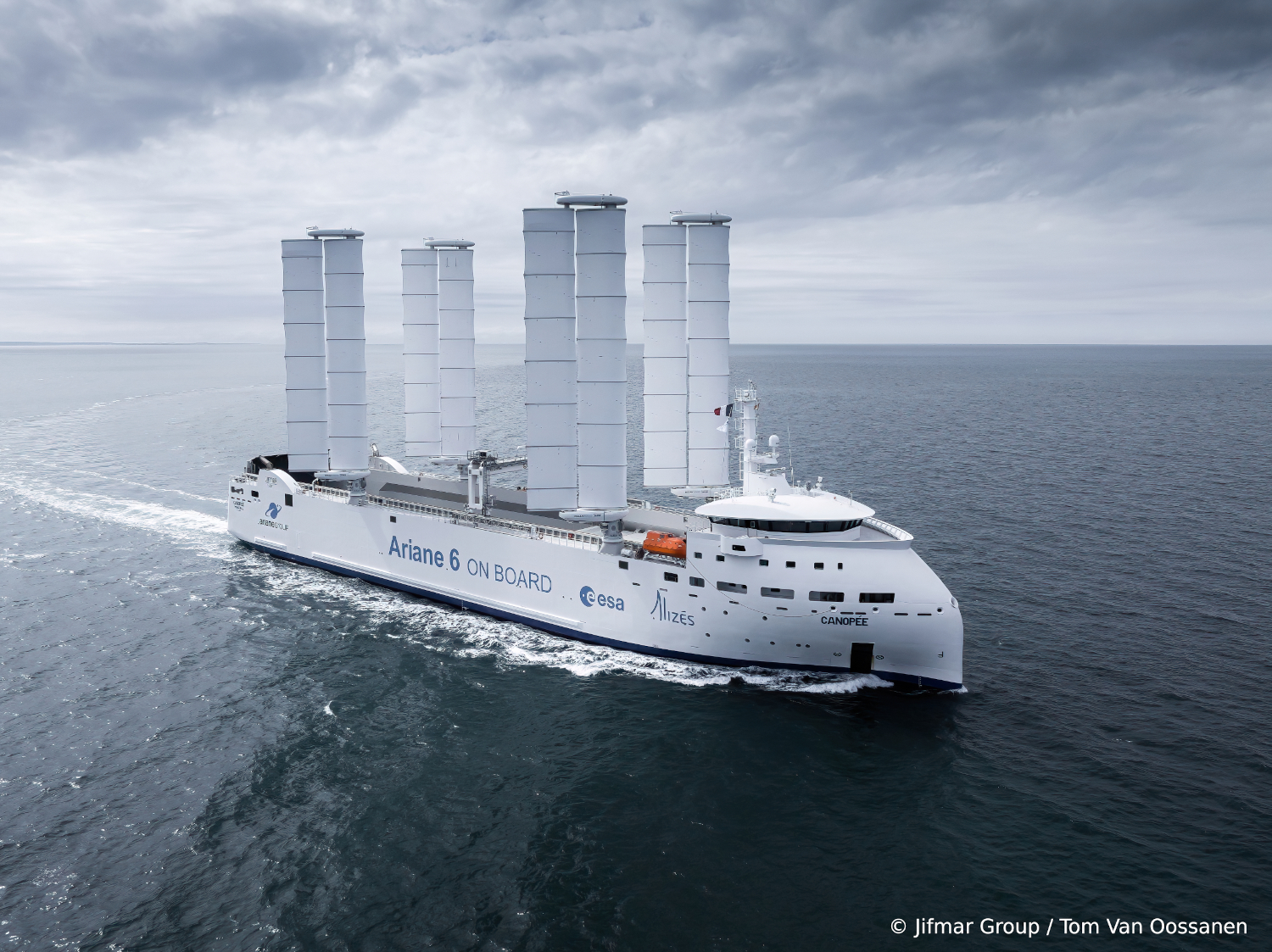The Congo River hydrology under climate change
Encadrants:
Fabrice Papa, LEGOS
fabrice.papaNO SPAM -- FILTER@NO SPAM -- FILTERird.fr
+33 (0)5 61 99 159 7224
Sly Wongchuig,LEGOS
Adrien Paris, Hydro-matters
Sujet de Stage
Context :
The overall goal of this internship project is to work towards a better understanding of the recent and future changes of the spatio-temporal hydro-climatic variability in the Congo River basin (CRB). CRB is a major tropical basin, the second largest in the world in terms of both drainage area (~3.7 million km2) and discharge to the ocean (41 x103 m3 s-1), only surpassed by the Amazon (Laraque et al., 2020). Therefore, it plays a crucial role in the local, regional, and global climate, hydrological and biogeochemical cycles (Nogherotto et al., 2013). It is also home to a large percentage of the world’s tropical forests, guarantying fundamental ecosystem services to the population such as food provisioning, biodiversity conservation, climate and freshwater regulation, and mitigation of natural disasters (Youssoufa Bele et al., 2013).The region is characterized by a complex distribution of precipitation, as in its southern region (<5S°), there are two periods of maximum rainfall, which eventually results in a particular bimodal annual flow in the Brazzaville region, near the mouth of the basin (Paris et al., 2020). CRB is now facing risk under climate changes and anthropogenic pressure. It has been estimated that drought and flooding events have affected, since 1960, more than 10 million people settled across the basin (Bola et al., 2022). These extreme events are mainly related to rainfall variability, which may have been exacerbated in the last decades by the joint impacts of climate change and anthropogenic disturbances ( Karam et al., 2022). Therefore, by studying the Congo basin hydrological response to hydroclimatic variability in space and time, we can gain critical insights into the region’s vulnerability and identify effective strategies for sustainable development.
Objectives of the stage:
We have made fundamental advances in the availability of observations and modelling approach in CRB (Papa et al., 2023, Kitambo et al., 2022) and we can now work towards answering fundamental questions: What is the spatio-temporal variability of flow in Congo River basin basins during the last 20 years in the satellite era? What are the relationships with large-scale climatic processes such as the ENSO? What are the potential impacts of climate change on CRB? How do projections of climate change impact discharge and inundation in different regions and seasons?
This is what we propose to explore during this 6-month internship. For this we will use a suite of tools and observations, ranging from long-term satellite-derived observations (water level from altimetry, water volume, discharge) to outputs from state-of-the art MGB hydrologic-hydrodynamic model. We will first diagnose the spatiotemporal variability and changes of the flow over the last 20 years. Then, we will analyze the potential climatic impacts on the Congo River basin hydrology including discharge dynamics based on new forcing data from IPCC CMIP6. We expect to provide realistic projections of changes in the discharge regime based on GCMs bias corrected simulation scenarios (simulations of the last 30 years of climate projections (2070-2100)) and quantify the hydrological impact of these changes in discharge in a spatially distributed manner.
Expected academic achievements: Training in:
- Basic processes of the hydrological cycle and climate change.
- Hydrologic modelling.
- Data handling of observational information and model simulation outputs.
Statistical analysis of data.
Références
- Bola, G.B., Tshimanga, R.M., Neal, J., Trigg, M.A., Hawker, L., Lukanda, V.M., Bates, P., 2022. Understanding flood seasonality and flood regime shift in the Congo River Basin. Hydrological Sciences Journal 67, 1496–1515. https://doi.org/10.1080/02626667.2022.2083966
- Brando, P.M., Balch, J.K., Nepstad, D.C., Morton, D.C., Putz, F.E., Coe, M.T., Silvério, D., Macedo, M.N., Davidson, E.A., Nóbrega, C.C., Alencar, A., Soares-Filho, B.S., 2014. Abrupt increases in Amazonian tree mortality due to drought-fire interactions. Proceedings of the National Academy of Sciences of the United States of America 111, 6347–6352. https://doi.org/10.1073/pnas.1305499111
- Karam, S., Seidou, O., Nagabhatla, N., Perera, D., Tshimanga, R.M., 2022. Assessing the impacts of climate change on climatic extremes in the Congo River Basin. Climatic Change 170, 40. https://doi.org/10.1007/s10584-022-03326-x
- Kitambo, B., F. Papa, A. Paris, R. Tshimanga, S. Calmant, A. S. Fleischmann, F. Frappart, M. Becker, M. J. Tourian, C. Prigent and J. Andriambeloson (2022), A combined use of in situ and satellite-derived observations to characterize surface hydrology and its variability in the Congo River Basin, Hydrol. Earth Syst.Sci., 26, 1857–1882, https://doi.org/10.5194/hess-26-1857-2022
- Laraque, A., N’kaya, G.D.M., Orange, D., Tshimanga, R., Tshitenge, J.M., Mahe, G., Nguimalet, C.R., Trigg, M.A., Yepez, S., Gulemvuga, G., 2020. Recent Budget of Hydroclimatology and Hydrosedimentology of the Congo River in Central Africa. Water 12, 2613. https://doi.org/10.3390/w12092613
- Nogherotto, R., Coppola, E., Giorgi, F., Mariotti, L., 2013. Impact of Congo Basin deforestation on the African monsoon: Impact of Congo Basin deforestation. Atmos. Sci. Lett. 14, 45–51. https://doi.org/10.1002/asl2.416
- Papa, F., J.-F. Crétaux, M. Grippa, E. Robert, M. Trigg, R. Tshimanga, B. Kitambo, A. Paris, A. Carr, A.S. Fleischmann, M. de Fleury, P.G. Gbetkom, B. Calmettes and S. Calmant (2023), Water Resources in Africa under Global Change: Monitoring Surface Waters from Space, Surv. Geophys., 44, 43–93, https://doi.org/10.1007/s10712-022-09700-9
- Paris, A., Calmant, S., Gosset, M., Fleischmann, A., Conchy, T., Bricquet, J.-P., Garambois, P.-A., Papa, F., Tshimanga, R., Gulemvuga Guzanga, G., et al., 2020. Monitoring hydrological variables from remote sensing and modelling in the Congo River basin. Earth and Space Science Open Archive 53–53. https://doi.org/10.1002/essoar.10505518.1
- Youssoufa Bele, M., Jean Sonwa, D., Tiani, A.M., 2013. Supporting local adaptive capacity to climate change in the Congo basin forest of Cameroon: A participatory action research approach. International Journal of Climate Change Strategies and Management 5, 181–197. https://doi.org/10.1108/17568691311327587










